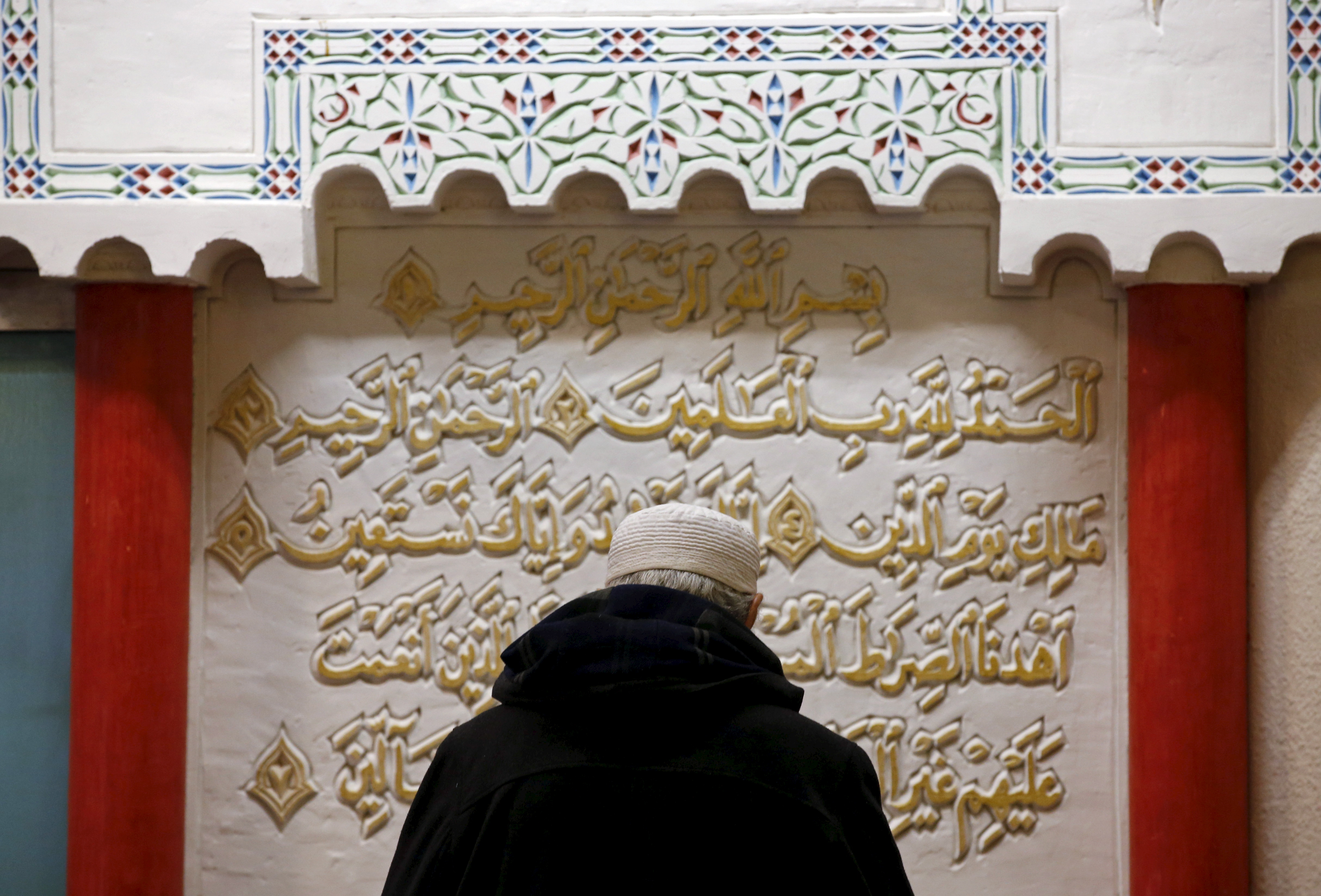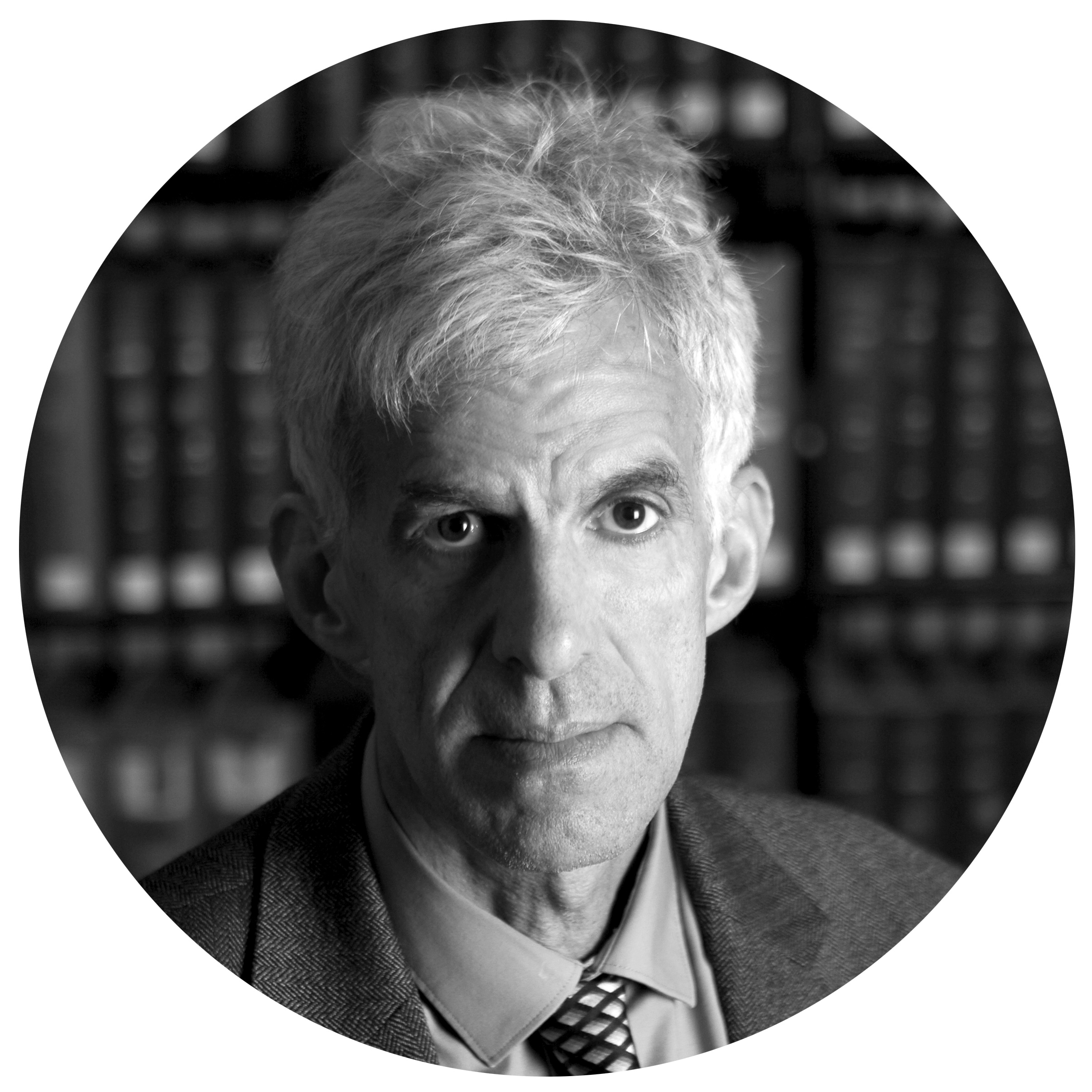What is Islam's true place in France?
And why that's a question the French government will never solve


A free daily email with the biggest news stories of the day – and the best features from TheWeek.com
You are now subscribed
Your newsletter sign-up was successful
"How can one be Persian?" So asks a worldly and skeptical Parisian, assured of the universality of French values, in Baron de Montesquieu's 18th century novel, The Persian Letters. The joke is that the Parisian poses the question to a Persian who, dressed like a Frenchman, she takes for one of her own. The question, which raised smiles 300 years ago, now raises fears in France. How, indeed, can one be Persian — or, more broadly, Muslim — in France today? The country's future depends on all parties — secularists and believers, Muslims and Catholics, socialists and conservatives — getting the right answer.
The succession of massacres committed on French soil, stretching from the 2012 murder spree at a Jewish school in Toulouse to last month's execution of a priest in a church near Rouen — nearly all of them by homegrown jihadists who identify with the Islamic State — have spurred intense political debate over the place of Islam in France. Inevitably, the question is almost always tied to the issue of immigration. Marine Le Pen, the leader of the extreme right-wing Front National, has demanded that France take back control of its borders from the European Union, show "zero tolerance" for illegal immigration, and dramatically reduce the flow of legal immigration into the country. Unlike Donald Trump, Le Pen has not explicitly aimed her immigration proposals at Muslims; but like her American counterpart, she does not need to. Le Pen has variously described French Muslims as an "occupying" or "invading" force, and likened Muslim immigrants to "bacteria" endangering the nation's health.
With an eye on next year's presidential election, plenty of other French conservatives are also playing the immigration — aka Muslim — card. Shortly before last November's terrorist attack in Paris, Nicolas Sarkozy called for a "selective immigration policy." In case you wondered about the policy's criteria, Sarkozy gave a hint in the same speech when he waxed eloquently on France's "Christian roots." Sarkozy's second in command, Laurent Wauquiez, has pushed for the construction of "concentration camps" for French Muslims suspected of terrorist ties, and argues that France needs to use "large wood batons" to keep migrants out of the country. A brutal policy, he admits, but one that reflects the danger of "massive immigration that is destroying France's identity." Nadine Morano, was ousted from her party last year for insisting France belonged to the "white race," but still serves as a member of the European Parliament, warned recently that France faced "a massive Arabo-Muslim invasion." Lamenting that she "does not want to see France become Muslim," Morano concluded that the country "has a huge problem with the organization of Islam."
The Week
Escape your echo chamber. Get the facts behind the news, plus analysis from multiple perspectives.

Sign up for The Week's Free Newsletters
From our morning news briefing to a weekly Good News Newsletter, get the best of The Week delivered directly to your inbox.
From our morning news briefing to a weekly Good News Newsletter, get the best of The Week delivered directly to your inbox.
In disarray and disrepair, the ruling Socialists agree with Morano on at least one point: French Islam does have an organization problem. Prime Minister Manuel Valls, while denouncing the more extreme proposals, insists on the need to "rebuild" French Islam. Last month, he declared that France's challenge was enormous. The nation, he asserted, must "show the world that Islam is compatible with democracy."
Not only was this affirmation thoroughly French in its conviction that France alone can accomplish this — somehow, the cases of Indonesia, Bangladesh, and Tunisia went unmentioned — but it was also deeply French in its assumption that it could be done only through state intervention. Announcing that France must "reconsider" Islam's place in the Republic, Valls asserted that French Muslims must "assume an enormous responsibility" in this task of rebuilding. But he also took for granted that it would be done under the aegis of the government. In particular, he emphasized the training of "republican imams" and state assistance with the building of mosques and schools, thus short-circuiting the petrodollars that Saudi Arabia and other reactionary Gulf states have pumped into France over the decades.
Valls did not stop there. Should French Islam reject what he described as a "veritable contract" with the French Republic, the state in turn would reevaluate Islam's exercise of religious liberty. For a growing number of French Muslims, this scarcely veiled threat was unwarranted, unnecessary, or both. Simultaneous to Valls' declaration, 42 influential Muslims had signed and published a "call to arms." Having long avoided the public debate, they now had to speak: "Islam has become a public affair and the present situation has become intolerable." Civic and religious imperatives, they announced, compelled them to "act and shoulder their responsibilities."
Predictably, the manifesto's signatories also assumed that state institutions would need to do the heavy lifting. But they doubted whether the French Council of the Muslim Faith (CFCM), the institution created slightly more than a decade ago to serve as the official interlocutor between the state and French Muslims, was up to the task. Their doubts were well-founded: Staffed by aging French Muslim notables, the sclerotic organization has repeatedly, ever since its creation, been overtaken by events and realities in the nation's devastated suburbs that youths of North African descent call home. As the manifesto rightly concluded, the traditional representatives found in the CFCM "cannot understand these youths, quite simply, because they do not know them."
A free daily email with the biggest news stories of the day – and the best features from TheWeek.com
Americans would be shocked to have a Department of Homeland Security and Religious Denominations. But the full title of France's Ministry of the Interior, tasked with overseeing national security, remains the Ministry of the Interior and Religious Sects. How could it be otherwise when France's many revolutions have been aimed no less at the Church than the monarchy?
But the real question, this time existential and not historical, is whether such a template can still work. France is home to Europe's largest Muslim community, numbering between four to five million members. (These statistics, offered by the Interior Ministry, are approximate as it is illegal for census takers and pollsters to ask respondents about their ethnic or religious backgrounds.) The number of practicing French Muslims, however, is thought to be half that number. Since there is no ecclesiastical hierarchy in Islam, the forms of religious practice widely differ as well.
No matter how ingenious the "reconstruction" of Islam in France, it is unclear how any single institution could play a decisive role. As the imam of Bordeaux, Tareq Obrou, argued in Le Monde, to think that such institutional reforms could ever "de-radicalize" suburban youths is an "illusion." In fact, he insists it is also a convenient political "diversion" from the real sources of alienation and animosity — failing schools, massive unemployment, dim futures — that feed Islamist radicalism and jihadism in France. While denouncing violence, Obrou also wonders how a society that fails to act on its republican values in regard to these youths can nevertheless expect that they be respected in return.
It is doubtful that such institutions could resolve the painfully anomalous position in which French Muslims find themselves. While they experience with the rest of France the horror and trauma wrought by the terrorist attacks, they alone are forced to justify their religious faith. As Rachid Zairi, a city councilman from the Paris suburb of Aubervillier, underscored the contradiction this entails: "While integration requires that we keep our religion in the private sphere, we must condemn these attacks as Muslims." French Muslim organizer Galeb Bencheikh says his community is caught between the "monstrous acts of Daech [ISIS]" and the assumption that they are somehow responsible for them. The result, he remarked, is that he and his coreligionists "suffer from a kind of malaise that borders on shame."
In the end, the answer to the question of how one can be a Muslim in France will be found not in institutions. Instead, it lies in the intentions and actions of individuals convinced that we share a common humanity.
Robert Zaretsky teaches courses in modern European intellectual and cultural history at the Honors College of The University of Houston. He is the author of several books, including Albert Camus: Elements of a Life (Cornell University Press, 2010) and Camus: A Life Worth Living (Harvard University Press, 2013.) He is also a frequent contributor to the New York Times, Foreign Policy, Los Angeles Times, Jewish Daily Forward, Los Angeles Review of Books and Chronicle of Higher Education.
